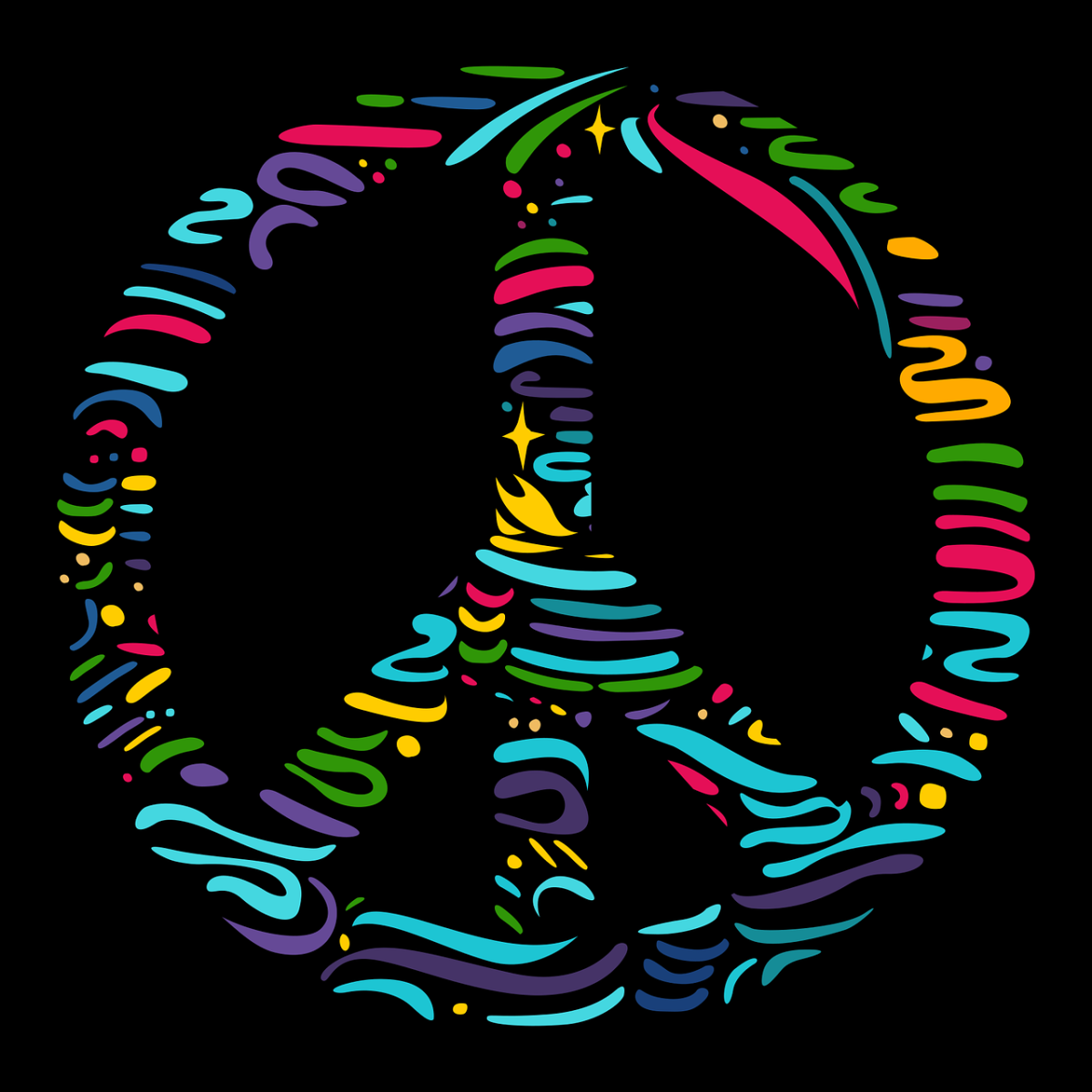MONDIACULT 2025 introduces Àgora Cívica as a space for debating on the connections of culture with cultural rights, AI, peace, and citizenship among others.
“Culture and Peace” highlights include a session on “Culture, conflict and peacebuilding” at the intersection of culture with human rights, exploring the value of culture as a mediator in conflict resolution. During “Culture against Genocide” participants will engage in a “discussion firmly positioned against genocide and war, on how culture can contribute to building and enabling non-violent solutions to conflicts, from the perspectives of pacifism and conflict resolution”.
Highlights on “Cultural Rights” include “Art for All: Gender Equality at the Heart of Cultural Policies”, presenting new data and tools to ensure the full participation of women in culture, in times of crisis and beyond. “Cultures in resistance, rights in construction” explores culture’s connections with housing, health, migration, decentralisation, feminism, or community action are about to be explored.
International and European CCS organisations of all sizes are represented in the world’s most important conference on cultural policies. Beyond their common request for culture as a standalone goal in the post-2030 framework, CCS organisations advocated for the following.
Artistic Freedom and Fair Conditions in the Digital, AI and Climate Realms
“Culture is an essential dimension of any liveable society” and “Culture creates - and requires - an economic and social ecosystem” reads the "Dossier for MONDIACULT 2025 - Charting the future: culture as our compass". The Dossier was released by IFACCA, the International Federation of Arts Council and Culture Agencies ahead of the UNESCO’s conference and advocates for greater public investment in arts and a strengthened regulatory framework, including in the realms of the digital, the AI and the climate.
Artistic freedom as key to 'Countering Democratic Backsliding in Cultural Policy', was highlighted by Culture Action Europe in one of the seven meetings and side events they organized or participated in to voice “how culture and community together spark agency, belonging, and collective power”.
Fair remuneration for creators is set in focus by CISAC and SGAE in their side-event ‘AI in Focus: Cultural Diversity, Law and Creation’. During the side pre-event “Implementing Fair Culture: Systems of Certification and Labelling for Culture and Creative Industries” participants discussed CISAC’s proposal on the long-term idea to create -as part of the Fair Culture Charter- a “Fair Culture” label, similar to fair trade classification in food or clothing, that would give audiences the chance to ask: was this created under fair conditions for its creators.
Heritage as Sustainability and Artistic Intelligence as Wisdom
"Heritage matters for Europe" as a key resource for the future of Europe and its citizens, including culture-based climate action as advocated by Europa Nostra and the European Heritage Hub in a 'Voices for Culture' session. A “Sea of Heritages” explores “Culture, Heritage, and Crisis in the Mediterranean: Collective Action for Peace and Sustainability” by IEMed and the Anna Lindh Foundation (ALF).
Artistic Intelligence is introduced by the partners of ART/IN Forum as the application of “artistic knowledge and methods for public and social good”. Artistic intelligence may benefit societies in both times of peace and of crisis, through articulating the world’s intangible cultural wisdoms reside within arts, culture, and heritage, suggest the forum’s partners including including IFACCA, CISAC, and the partners of the ART/IN FORUM, including Creative Labour Critical Futures, HUPR, ELIA, Culture Action Europe, Wider Sense and Yellow Mountain Institute, among others.
Find more here
Image by ANDRI TEGAR MAHARDIKA from Pixabay - Free for use under the Pixabay Content Licence.








